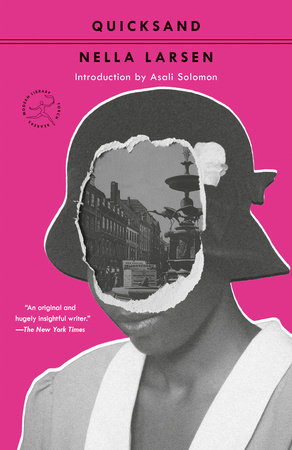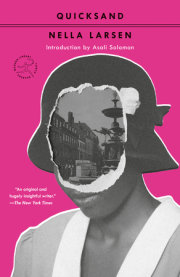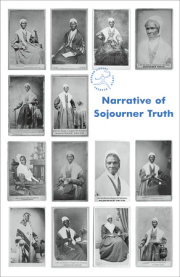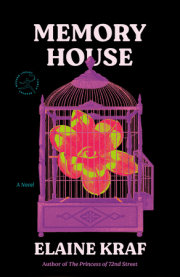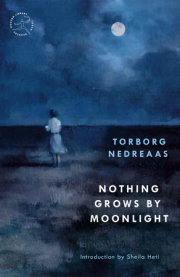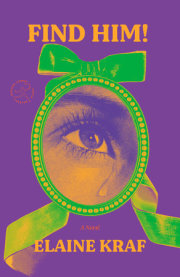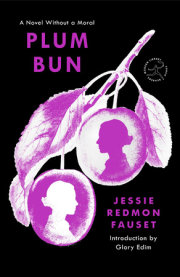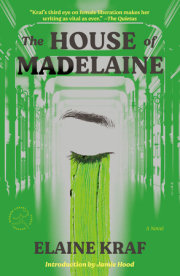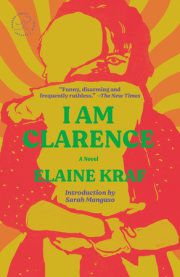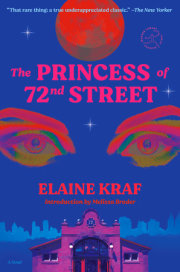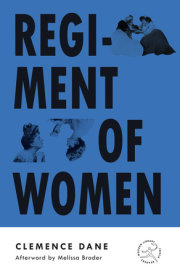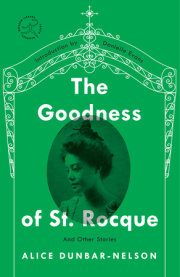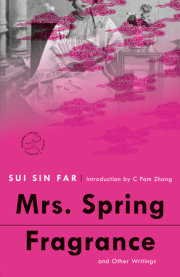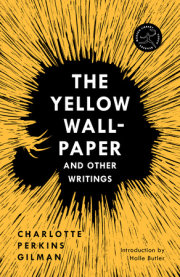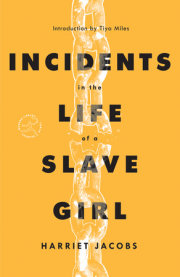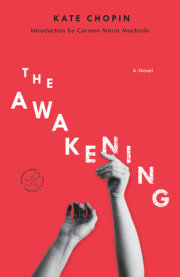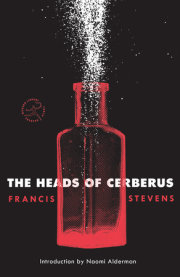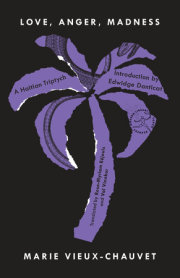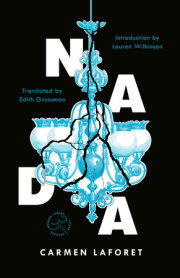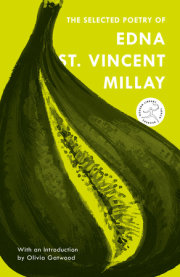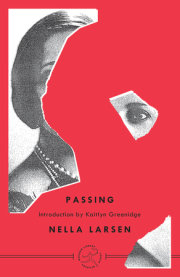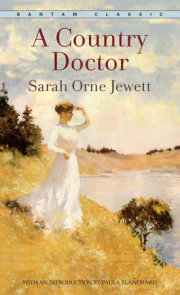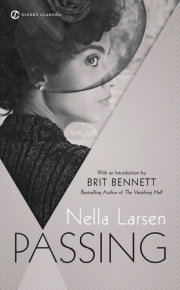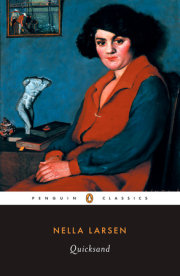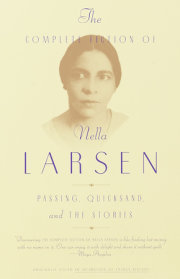OneHelga Crane sat alone in her room, which at that hour, eight in the evening, was in soft gloom. Only a single reading lamp, dimmed by a great black and red shade, made a pool of light on the blue Chinese carpet, on the bright covers of the books which she had taken down from their long shelves, on the white pages of the opened one selected, on the shining brass bowl crowded with many-colored nasturtiums beside her on the low table, and on the oriental silk which covered the stool at her slim feet. It was a comfortable room, furnished with rare and intensely personal taste, flooded with Southern sun in the day, but shadowy just then with the drawn curtains and single shaded light. Large, too. So large that the spot where Helga sat was a small oasis in a desert of darkness. And eerily quiet. But that was what she liked after her taxing day’s work, after the hard classes, in which she gave willingly and unsparingly of herself with no apparent return. She loved this tranquillity, this quiet, following the fret and strain of the long hours spent among fellow members of a carelessly unkind and gossiping faculty, following the strenuous rigidity of conduct required in this huge educational community of which she was an insignificant part. This was her rest, this intentional isolation for a short while in the evening, this little time in her own attractive room with her own books. To the rapping of other teachers, bearing fresh scandals, or seeking information, or other more concrete favors, or merely talk, at that hour Helga Crane never opened her door.
An observer would have thought her well fitted to that framing of light and shade. A slight girl of twenty-two years, with narrow, sloping shoulders and delicate, but well-turned, arms and legs, she had, none the less, an air of radiant, careless health. In vivid green and gold negligee and glistening brocaded mules, deep sunk in the big high-backed chair, against whose dark tapestry her sharply cut face, with skin like yellow satin, was distinctly outlined, she was—to use a hackneyed word—attractive. Black, very broad brows over soft, yet penetrating, dark eyes, and a pretty mouth, whose sensitive and sensuous lips had a slight questioning petulance and a tiny dissatisfied droop, were the features on which the observer’s attention would fasten; though her nose was good, her ears delicately chiseled, and her curly blue-black hair plentiful and always straying in a little wayward, delightful way. Just then it was tumbled, falling unrestrained about her face and on to her shoulders.
Helga Crane tried not to think of her work and the school as she sat there. Ever since her arrival in Naxos she had striven to keep these ends of the days from the intrusion of irritating thoughts and worries. Usually she was successful. But not this evening. Of the books which she had taken from their places she had decided on Marmaduke Pickthall’s Saïd the Fisherman. She wanted forgetfulness, complete mental relaxation, rest from thought of any kind. For the day had been more than usually crowded with distasteful encounters and stupid perversities. The sultry hot Southern spring had left her strangely tired, and a little unnerved. And annoying beyond all other happenings had been that affair of the noon period, now again thrusting itself on her already irritated mind.
She had counted on a few spare minutes in which to indulge in the sweet pleasure of a bath and a fresh, cool change of clothing. And instead her luncheon time had been shortened, as had that of everyone else, and immediately after the hurried gulping down of a heavy hot meal the hundreds of students and teachers had been herded into the sun-baked chapel to listen to the banal, the patronizing, and even the insulting remarks of one of the renowned white preachers of the state.
Helga shuddered a little as she recalled some of the statements made by that holy white man of God to the black folk sitting so respectfully before him.
This was, he had told them with obvious sectional pride, the finest school for Negroes anywhere in the country, north or south; in fact, it was better even than a great many schools for white children. And he had dared any Northerner to come south and after looking upon this great institution to say that the Southerner mistreated the Negro. And he had said that if all Negroes would only take a leaf out of the book of Naxos and conduct themselves in the manner of the Naxos products, there would be no race problem, because Naxos Negroes knew what was expected of them. They had good sense and they had good taste. They knew enough to stay in their places, and that, said the preacher, showed good taste. He spoke of his great admiration for the Negro race, no other race in so short a time had made so much progress, but he had urgently besought them to know when and where to stop. He hoped, he sincerely hoped, that they wouldn’t become avaricious and grasping, thinking only of adding to their earthly goods, for that would be a sin in the sight of Almighty God. And then he had spoken of contentment, embellishing his words with scriptural quotations and pointing out to them that it was their duty to be satisfied in the estate to which they had been called, hewers of wood and drawers of water. And then he had prayed.
Sitting there in her room, long hours after, Helga again felt a surge of hot anger and seething resentment. And again it subsided in amazement at the memory of the considerable applause which had greeted the speaker just before he had asked his God’s blessing upon them.
The South. Naxos. Negro education. Suddenly she hated them all. Strange, too, for this was the thing which she had ardently desired to share in, to be a part of this monument to one man’s genius and vision. She pinned a scrap of paper about the bulb under the lamp’s shade, for, having discarded her book in the certainty that in such a mood even Saïd and his audacious villainy could not charm her, she wanted an even more soothing darkness. She wished it were vacation, so that she might get away for a time.
“No, forever!” she said aloud.
The minutes gathered into hours, but still she sat motionless, a disdainful smile or an angry frown passing now and then across her face. Somewhere in the room a little clock ticked time away. Somewhere outside, a whippoorwill wailed. Evening died. A sweet smell of early Southern flowers rushed in on a newly-risen breeze which suddenly parted the thin silk curtains at the opened windows. A slender, frail glass vase fell from the sill with a tingling crash, but Helga Crane did not shift her position. And the night grew cooler, and older.
At last she stirred, uncertainly, but with an overpowering desire for action of some sort. A second she hesitated, then rose abruptly and pressed the electric switch with determined firmness, flooding suddenly the shadowy room with a white glare of light. Next she made a quick nervous tour to the end of the long room, paused a moment before the old bow-legged secretary that held with almost articulate protest her school-teacher paraphernalia of drab books and papers. Frantically Helga Crane clutched at the lot and then flung them violently, scornfully toward the wastebasket. It received a part, allowing the rest to spill untidily over the floor. The girl smiled ironically, seeing in the mess a simile of her own earnest endeavor to inculcate knowledge into her indifferent classes.
Yes, it was like that; a few of the ideas which she tried to put into the minds behind those baffling ebony, bronze, and gold faces reached their destination. The others were left scattered about. And, like the gay, indifferent wastebasket, it wasn’t their fault. No, it wasn’t the fault of those minds back of the diverse colored faces. It was, rather, the fault of the method, the general idea behind the system. Like her own hurried shot at the basket, the aim was bad, the material drab and badly prepared for its purpose.
This great community, she thought, was no longer a school. It had grown into a machine. It was now a show place in the black belt, exemplification of the white man’s magnanimity, refutation of the black man’s inefficiency. Life had died out of it. It was, Helga decided, now only a big knife with cruelly sharp edges ruthlessly cutting all to a pattern, the white man’s pattern. Teachers as well as students were subjected to the paring process, for it tolerated no innovations, no individualisms. Ideas it rejected, and looked with open hostility on one and all who had the temerity to offer a suggestion or ever so mildly express a disapproval. Enthusiasm, spontaneity, if not actually suppressed, were at least openly regretted as unladylike or ungentlemanly qualities. The place was smug and fat with self-satisfaction.
A peculiar characteristic trait, cold, slowly accumulated unreason in which all values were distorted or else ceased to exist, had with surprising ferociousness shaken the bulwarks of that self-restraint which was also, curiously, a part of her nature. And now that it had waned as quickly as it had risen, she smiled again, and this time the smile held a faint amusement, which wiped away the little hardness which had congealed her lovely face. Nevertheless she was soothed by the impetuous discharge of violence, and a sigh of relief came from her.
Copyright © 2024 by Nella Larsen. All rights reserved. No part of this excerpt may be reproduced or reprinted without permission in writing from the publisher.

